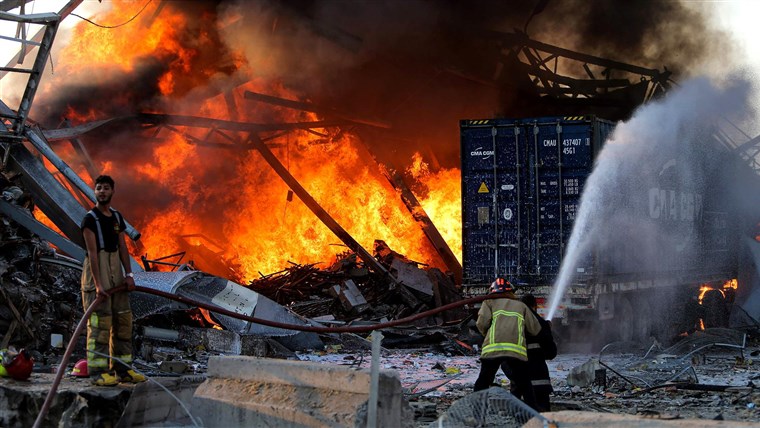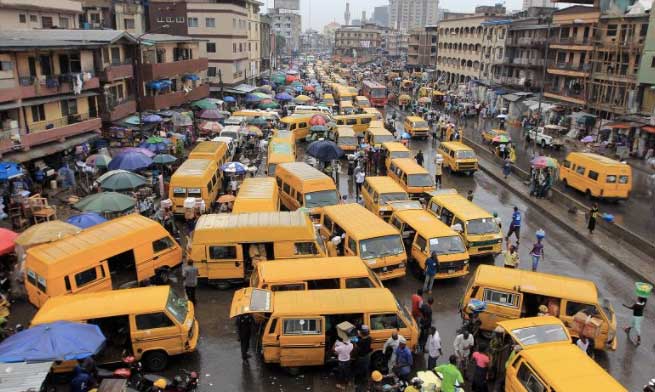A massive explosion hit Lebanon’s capital Beirut on Tuesday evening, killing and injuring many, as well as destroying properties across the city. The blast appears to have been centered on the city’s port area. The Lebanese Red Cross were quick to react, mobilizing medics to the site immediately to help deal with the massive explosion.
The blast came at a time when Lebanon’s economy is facing collapse amidst a financial crisis and coronavirus restrictions which has also stretched their health systems. Lebanese Prime Minister Hassan Diab declared Wednesday a day of national mourning.
While the situation develops, here’s what you need to know about the explosion.
How it appended
Eye witnesses reported seeing a strange orange-colored cloud over the site after the explosion. Orange clouds of toxic nitrogen dioxide gas often accompany an explosion involving nitrates. Videos also showed a raging fire at the port which caught a nearby building, triggering a more massive explosion.
Cause
Abbas Ibrahim, chief of Lebanese General Security, said that the massive explosion might have been caused by highly explosive material that was confiscated from a ship and stored at the port. The material has been described as sodium nitrate
Impact
The blast could be heard and felt as far away as Cyprus, more than 200 kilometers across the Mediterranean. Miles from the port, building facades were shredded, windows and balconies were shattered, streets were covered with glass and rubble. The explosion also damaged the presidential palace according to state media reports, and also caused massive damage at CNN Beirut bureau
Casualties
According to the Lebanese health minister, over 50 deaths have been recorded, including the secretary-general of the Kataeb political party, Nazar Najarian. Over 2,500 people have also been reported injured.
Similar explosions in the past
Today’s explosion in Beirut has been compared to massive blasts that rocked Lebanon during its civil war, only three days before a U.N.-backed tribunal was set to give its verdict in the killing of former Prime Minister Rafik Hariri in a truck bombing more than 15 years ago. That explosion was carried out with a lot of explosives and was felt miles away, just like Today.
International response
The United States in a statement said they were monitoring the situation whether any US citizens were caught in the explosion. French President Emmanuel Macron said “rescue and aid” were on the way to Lebanon, he tweeted, “I express my fraternal solidarity with Lebanese people after the explosion that caused so many casualties and so much damage tonight in Beirut,” The World Health Organization’s regional office for the Eastern Mediterranean is also working with partners, including Lebanon’s Public Health Ministry, to respond to urgent needs. The European Union (EU) also issued a message of solidarity with the people of Lebanon



